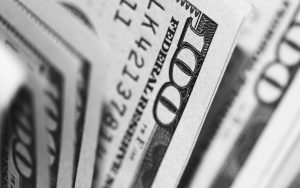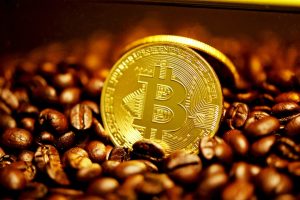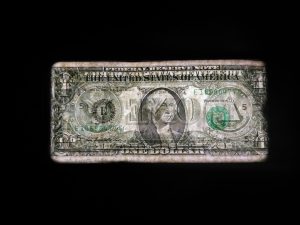The foreign exchange market, or forex market, is the largest and most liquid financial market in the world. It is estimated that over $5.3 trillion is traded on the forex market every day. The forex market is open 24 hours a day, five days a week, and is used by traders and investors to buy and sell currencies from around the world. But which banks move the forex markets?
Central Banks
Central banks are one of the most powerful players in the forex market. They are responsible for setting monetary policy and regulating the supply of money in their respective countries. Central banks have the ability to influence exchange rates by adjusting interest rates, printing more money, and intervening in the market by buying or selling currencies.
The actions of central banks can have a significant impact on the forex market. For example, if a central bank raises interest rates, it can make the currency more attractive to investors, leading to an increase in demand and a rise in the exchange rate. Conversely, if a central bank lowers interest rates, it can make the currency less attractive to investors, leading to a decrease in demand and a fall in the exchange rate.
Some of the most influential central banks in the forex market include the US Federal Reserve, the European Central Bank, the Bank of Japan, and the Bank of England.
Commercial Banks
Commercial banks also play an important role in the forex market. They act as intermediaries between buyers and sellers, and provide liquidity to the market by buying and selling currencies. Commercial banks also provide forex services to their clients, such as currency exchange, hedging, and trading.
Large commercial banks, such as JPMorgan Chase, Citigroup, and Deutsche Bank, are some of the biggest players in the forex market. They have the resources and expertise to move large amounts of money, and often trade on behalf of their clients, such as multinational corporations and institutional investors.
Hedge Funds
Hedge funds are another important player in the forex market. They are private investment funds that use a variety of strategies to generate returns for their investors. Some hedge funds specialize in currency trading, and can move the forex market with their large trades.
Hedge funds can use leverage to amplify their trades, which can increase their potential profits but also their potential losses. They can also use complex trading strategies, such as algorithmic trading and high-frequency trading, to take advantage of market inefficiencies and make quick profits.
However, hedge funds can also create volatility in the forex market. Their large trades can cause sudden movements in exchange rates, which can have a ripple effect on other market participants.
Retail Traders
Retail traders, such as individual investors and small trading firms, also participate in the forex market. While they may not have the same financial resources as central banks, commercial banks, and hedge funds, they can still influence the market with their trades.
Retail traders can use online trading platforms to buy and sell currencies, and can use leverage to amplify their trades. They can also use technical and fundamental analysis to identify trading opportunities and make informed decisions.
However, retail traders are often at a disadvantage compared to larger market participants. They may not have access to the same market data and resources, and may be subject to higher trading costs and spreads.
Conclusion
In summary, there are several players that move the forex markets, including central banks, commercial banks, hedge funds, and retail traders. Each of these players has their own motivations and strategies, and can influence exchange rates in different ways.
Central banks are perhaps the most powerful players in the forex market, as they have the ability to set monetary policy and intervene in the market. Commercial banks provide liquidity and trading services, while hedge funds and retail traders can create volatility and take advantage of trading opportunities.
Ultimately, the forex market is a complex and dynamic ecosystem, shaped by the actions of many different players. Understanding the motivations and strategies of these players can help traders and investors navigate the market and make informed decisions.





